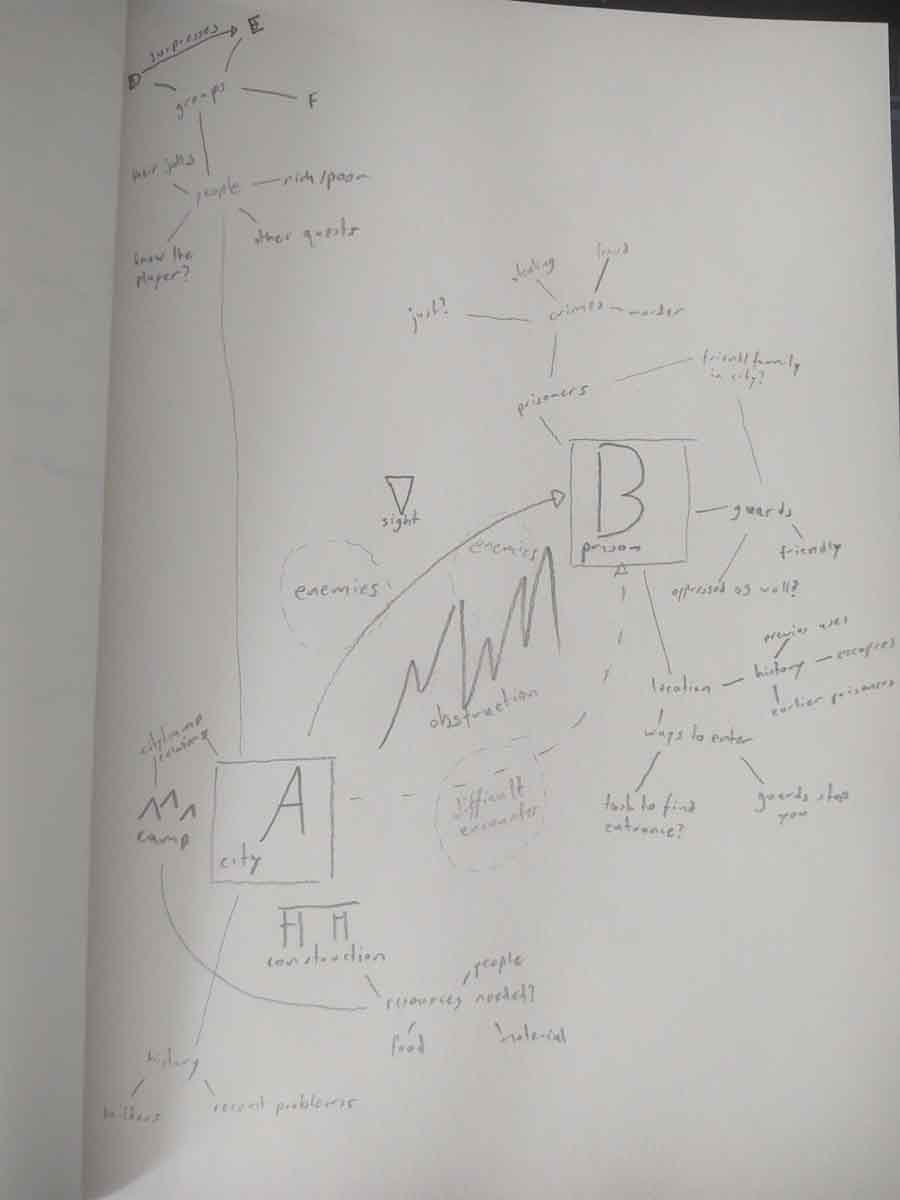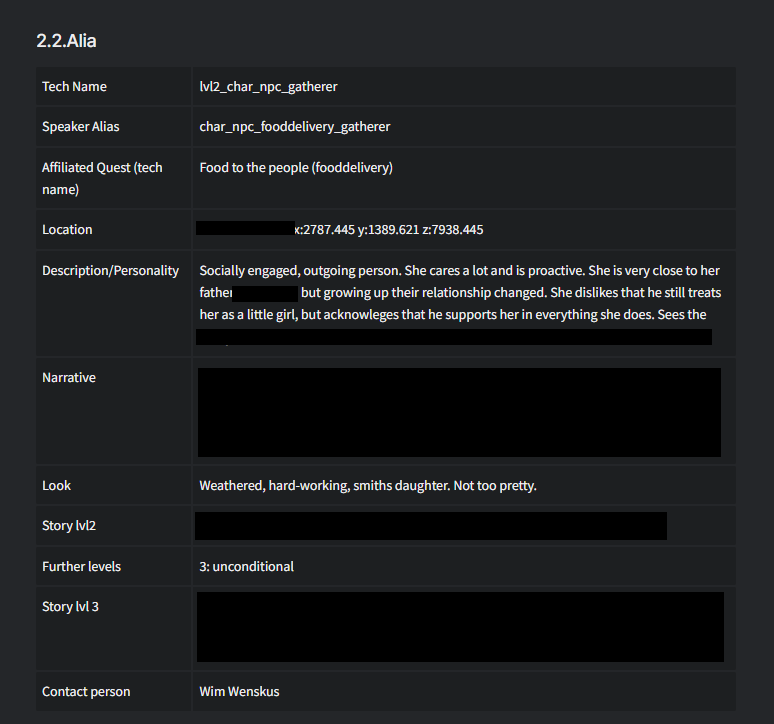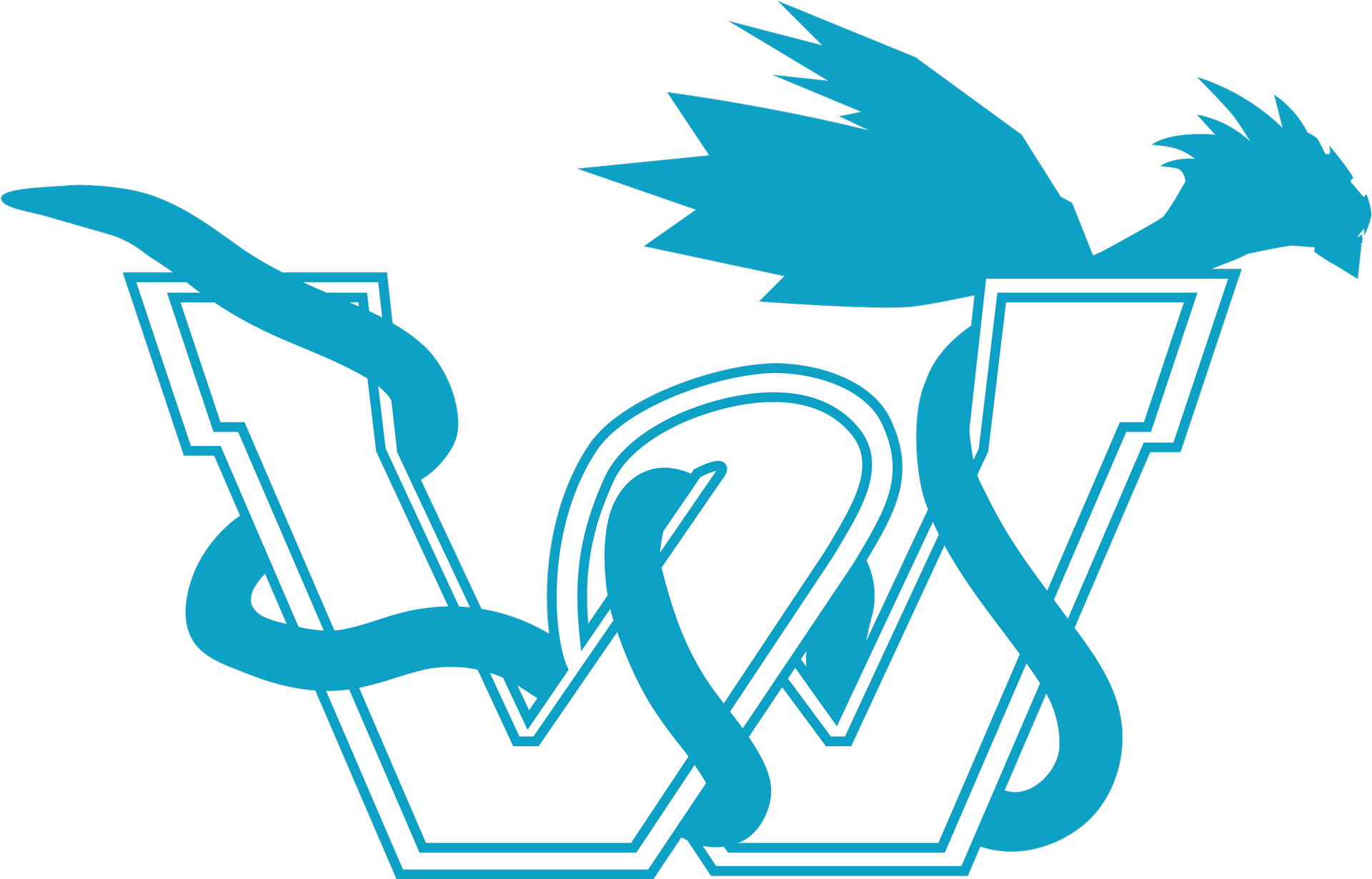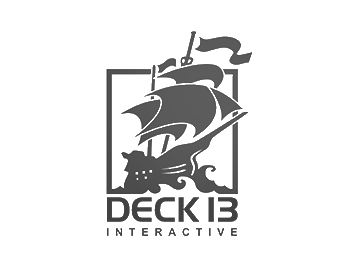Atlas Fallen
Glide over the dunes of a timeless world, forge weapons out of sand and hunt legendary monsters. Explore the ancient lands, uncover mysteries and unveil fragments of the past. Target and gather the essence of your enemies to shape your own custom playstyle, forging a new era for humanity in a fully cooperative or solo story campaign. Atlas Fallen is coming to PlayStation 5, Xbox Series & PC in 2023.
Genre: Action RPG
Year: 2023
Players: 2
Team size: 70+
My part: Quest Design
Goal: Concept and implement quests that guide, teach and entertain the player.
Company
Deck13 Interactive is one of the biggest video game development studios in Germany situated in Frankfurt am Main. The company was founded by Jan Klose and Florian Stadlbauer in 2001 and focused on adventure games, e.g. Ankh, but they shifted towards action-rpgs with the release of Venetica in 2009. The studio has developed over 20 titles with the newest and most popular being TheSurge and are now working on an unannounced project. Since 2014 the company also acts as a publisher for smaller games such as Crosscode which has won several awards. In 2020 the company has been bought by Focus Home Interactive for around €7.1 million.
Deck13 has grown to a size of over 70 employees, many of whom are working from home due to the Covid-19 pandemic. Although many of the employees are of German nationality, there are also some from all over the world. Because of this internationality, the company language is English. The company uses a hierarchy system of directors and leads leading the development departments. A director round, currently consisting of eight people, makes the bigger decisions. Despite the hierarchy, everyone is closely working together and even the interns are given the opportunity to talk to the directors and bring their ideas into the game.
Design process
I was put in charge of making sidequests for two levels of the game. Either the narrative or the level design department would ask me to make a quest to guide the player, give context to an area, and to explain narrative, e.g. how factions think of each other or how gameplay systems are translated into the game world.
My workflow for every quest was quite similar:
1. Get a task from other departments to feature a location or narrative.
2. Make concepts for a quest, including characters and gameplay.
3. Pitch the concepts to fellow quest design or/and the task giver.
4. Discuss the specifics with level design and narrative.
5. Implement the quest in engine Fledge (lot of programming involved).
6. Document it and send a task to QA to test.
7. Iterate on findings and fix bugs.
This included a lot of interdisciplinary work, e.g. I had to sync up with Art regarding assets and write the first version of the dialogues.
The concepting consisted of research, ideation and iteration. During research I would gather information about the target audience, technical limitations, and the exact requirements of level and narrative design. Sometimes those requirements would limit me, but often they would present itself as opportunities. Lastly, I analyzed the area in which the quest would take place. I needed to take into consideration what other quests and activities were around to avoid repetition and create a gameplay flow in which the activities would vary. Furthermore, I needed to know what story and what lore was being told in that area and if I could use this to enhance the quest.
To help me ideate I made layouts of the area that included gameplay activities but also landmarks. Based on these I would make a mindmap and weigh ideas against each other.
After implementing a quest I needed to make sure, other departments would be informed about the changes, which is why I documented every quest meticulously. In addition, I created a documentation for each character that included technical and story details.
Besides designing quests I would help out level and narrative design, e.g. in filling a city with life. I also learned how to make scripted sequences and was the owner of all side quests in aforementioned levels. As such, I maintained the quests, implemented feedback and made sure they were understood by other departments.



